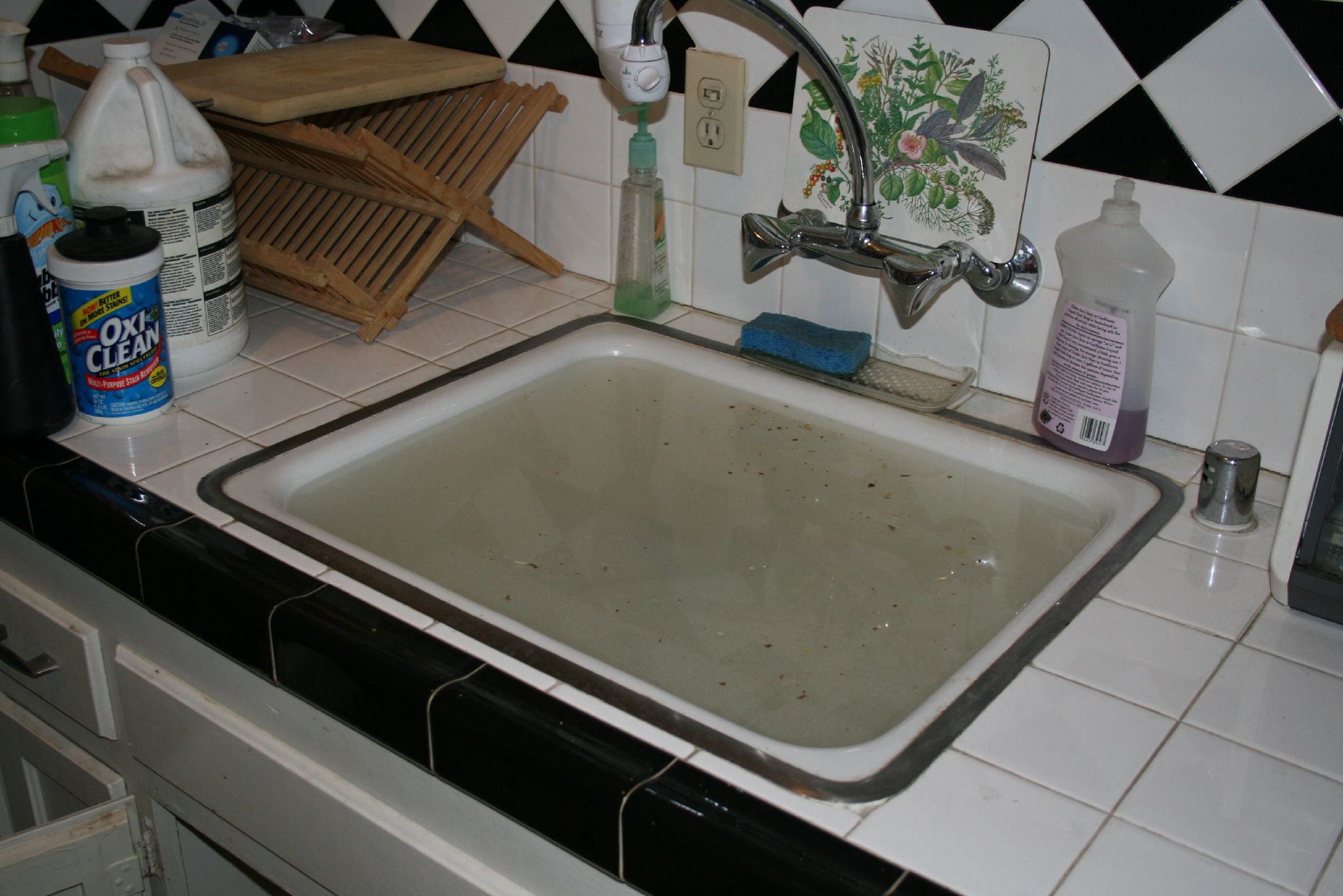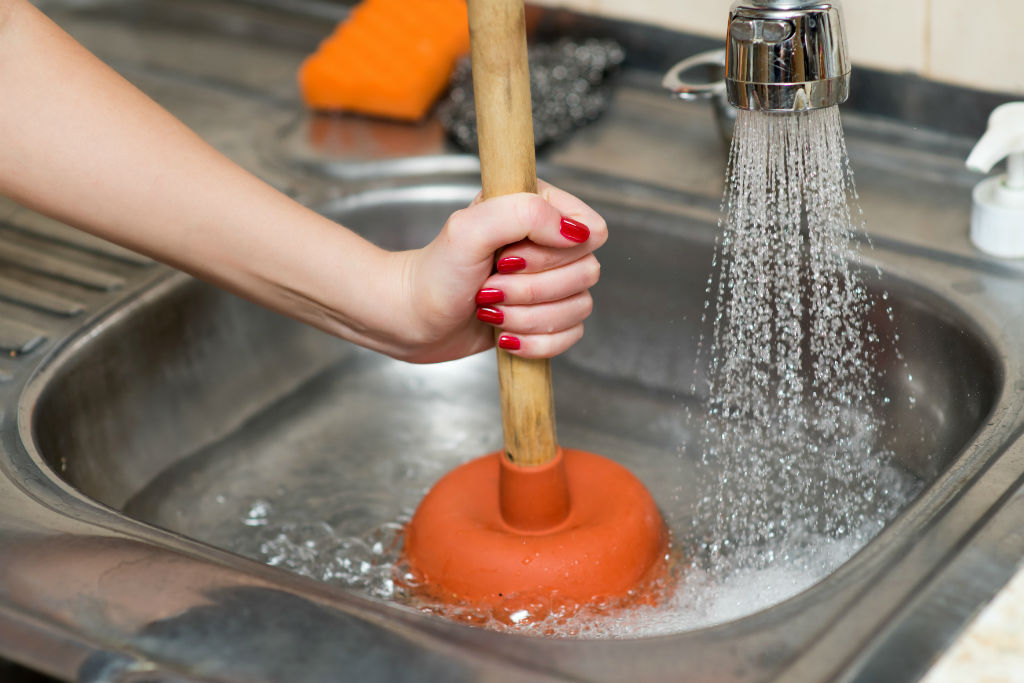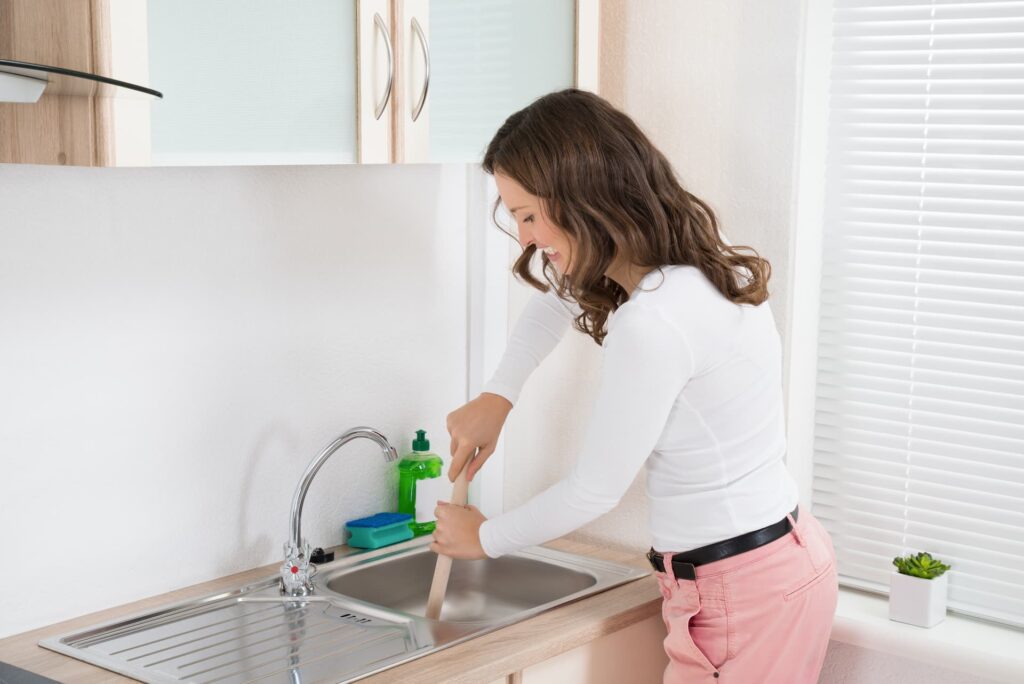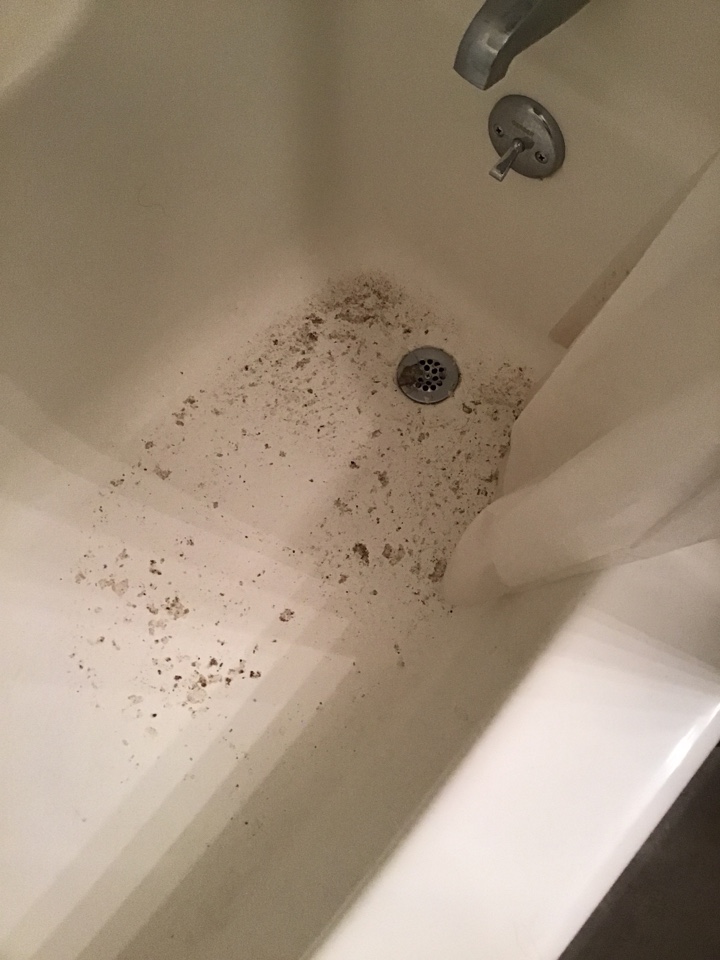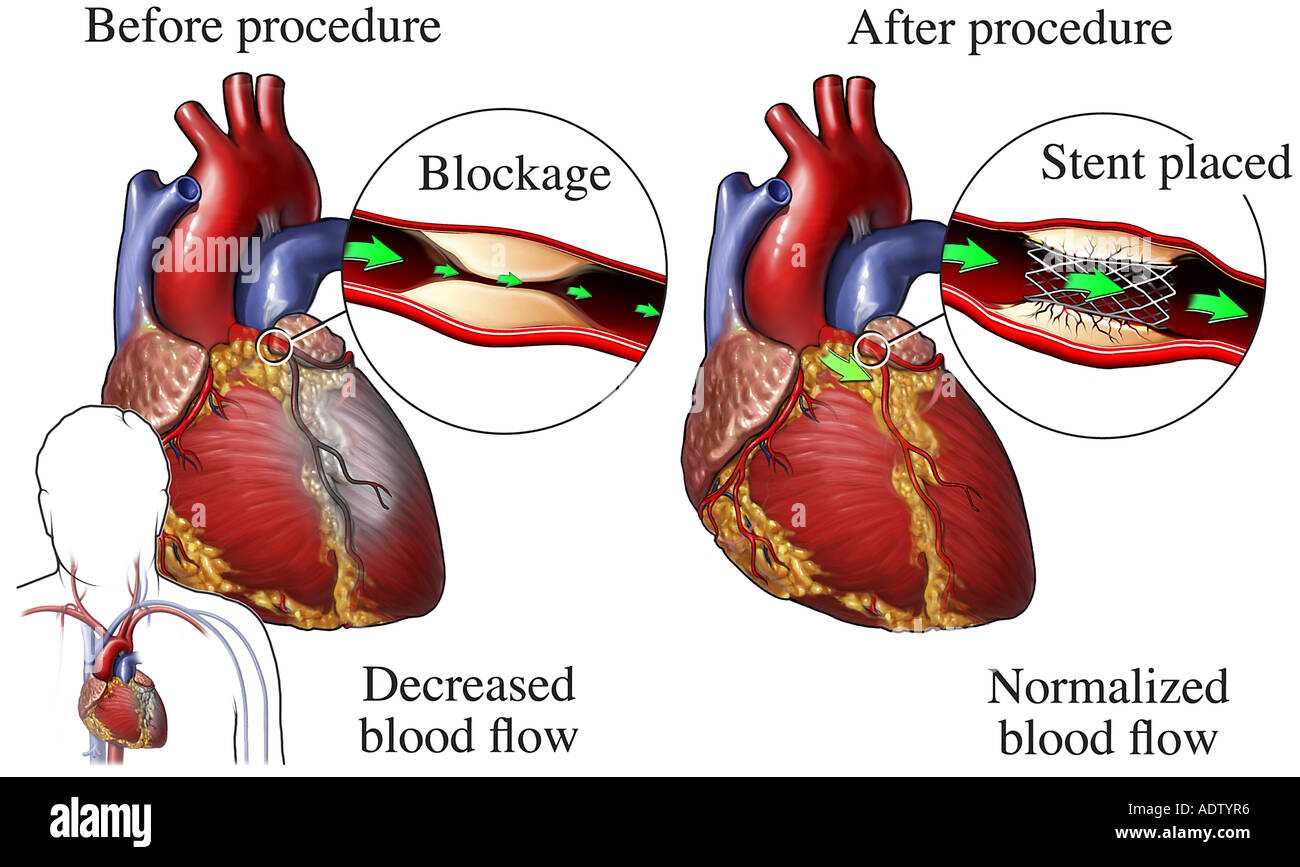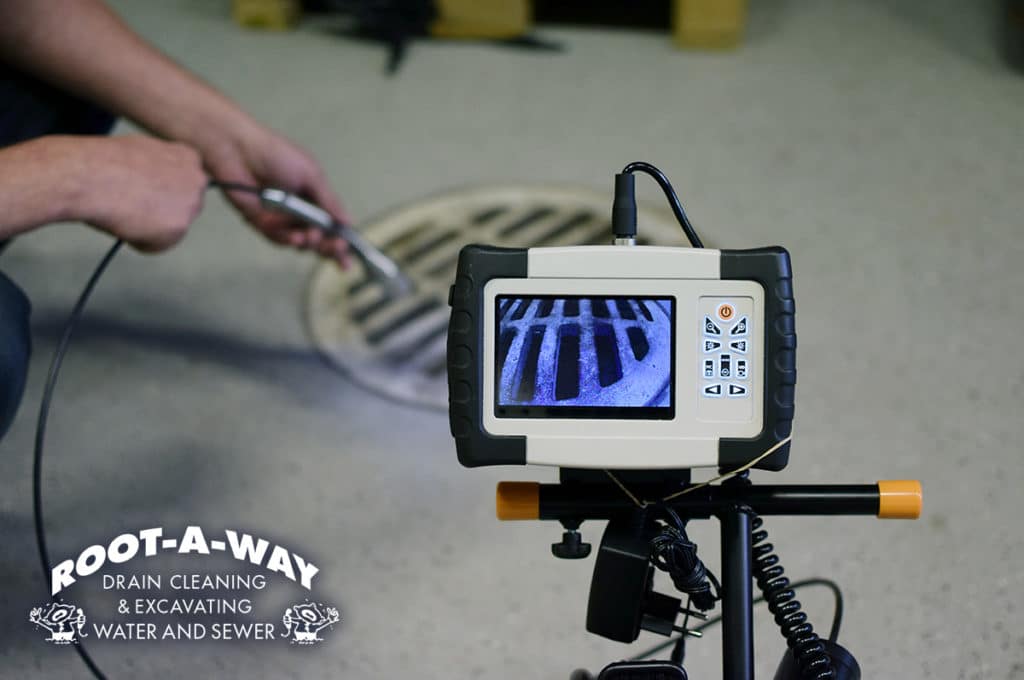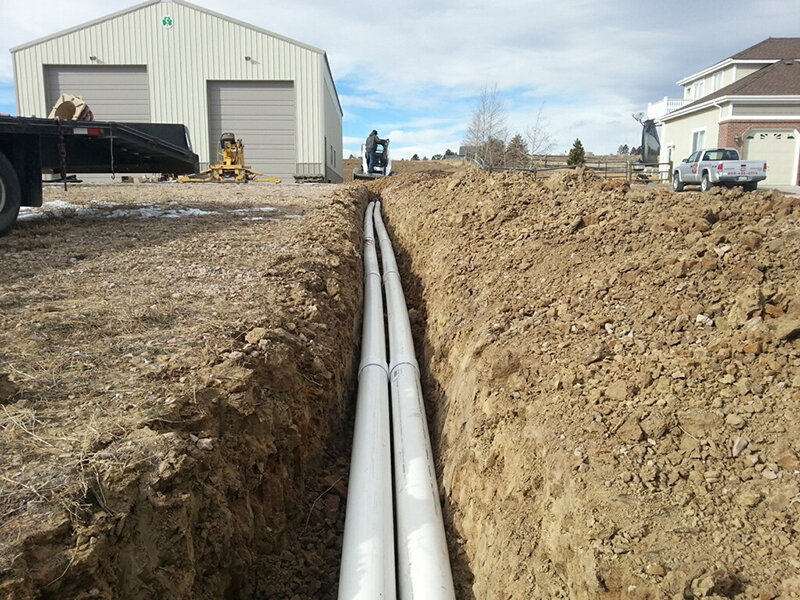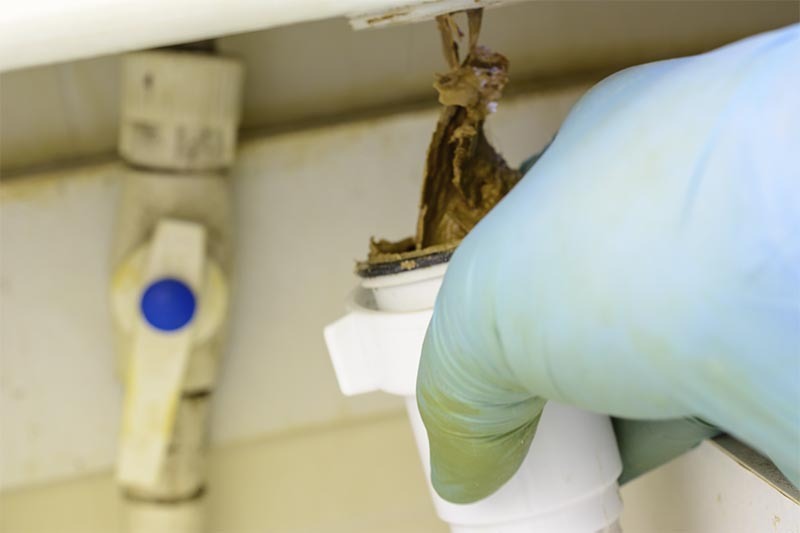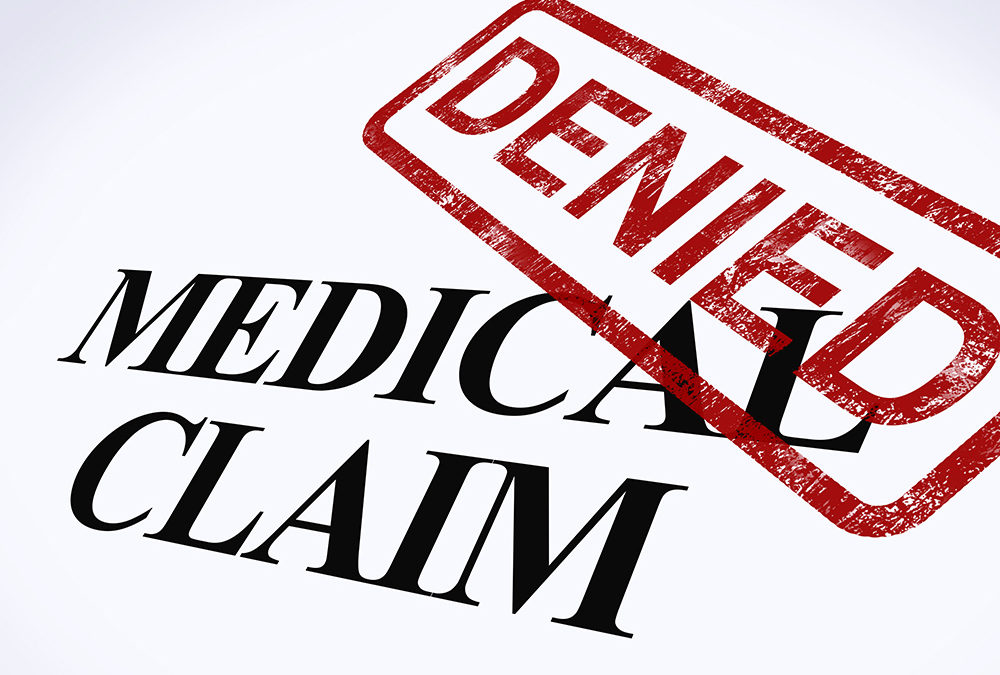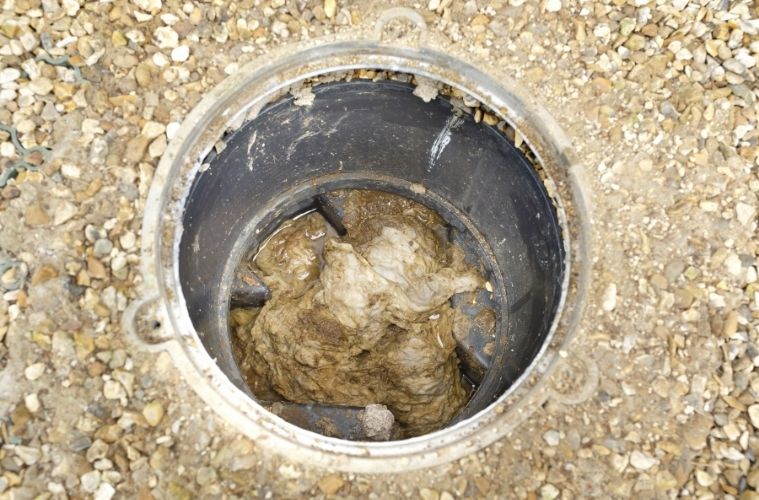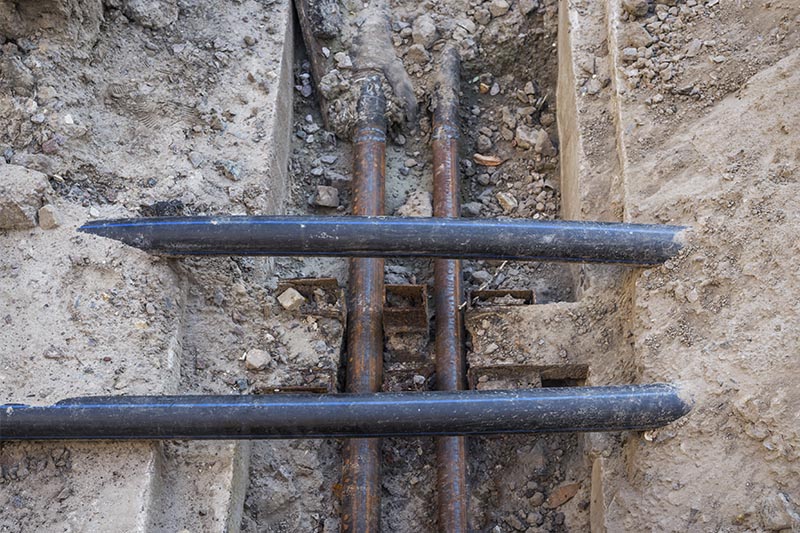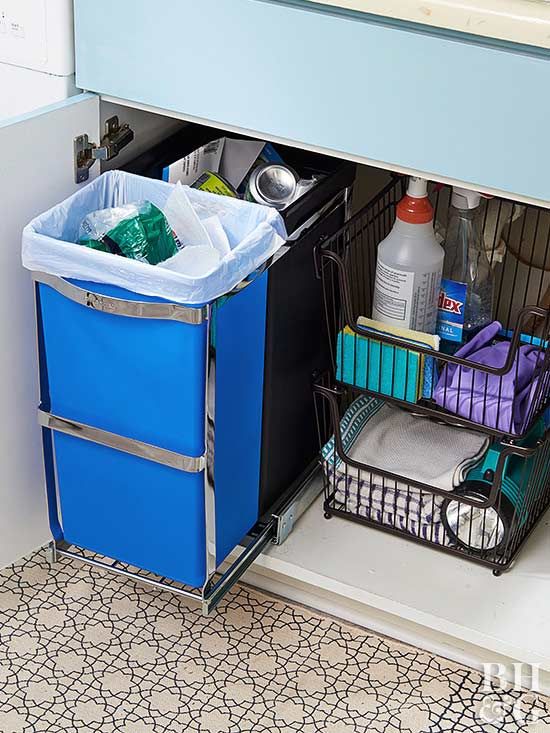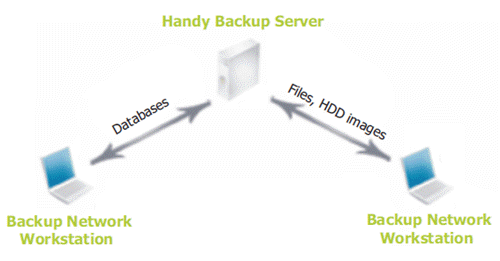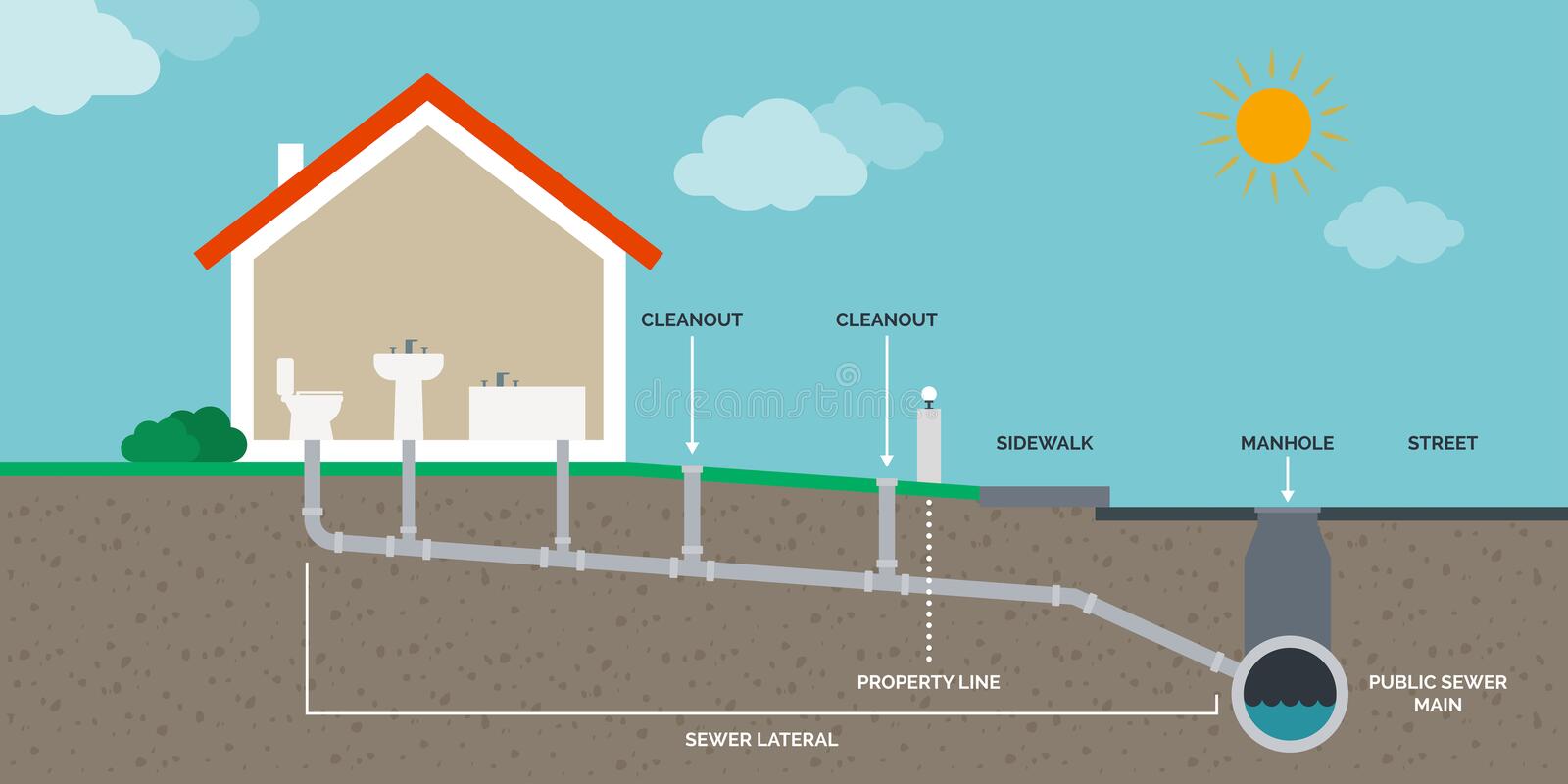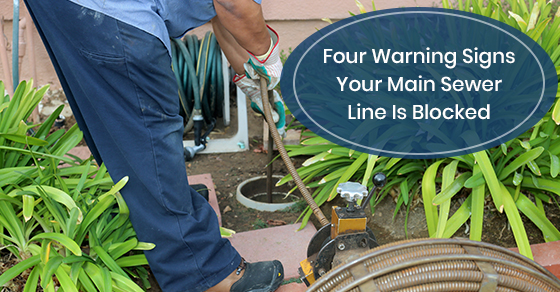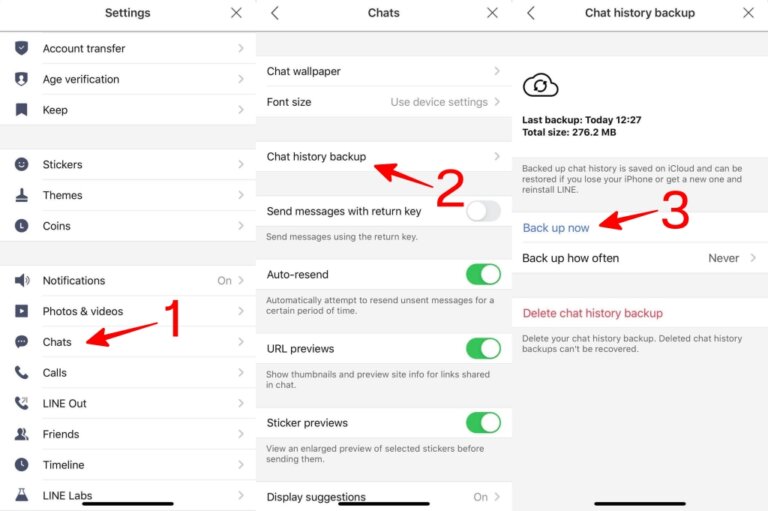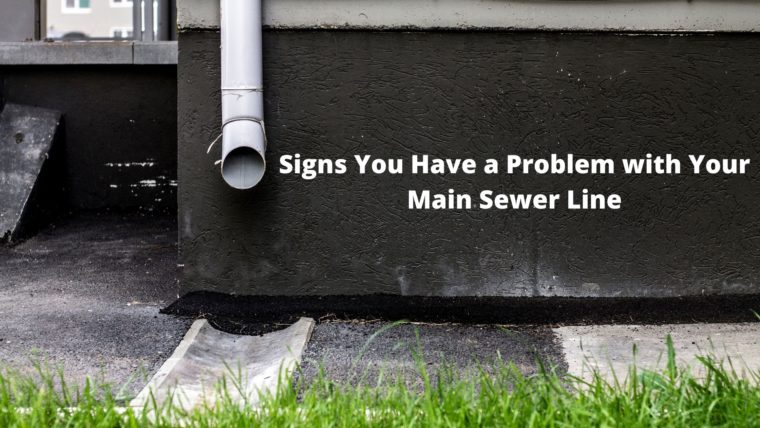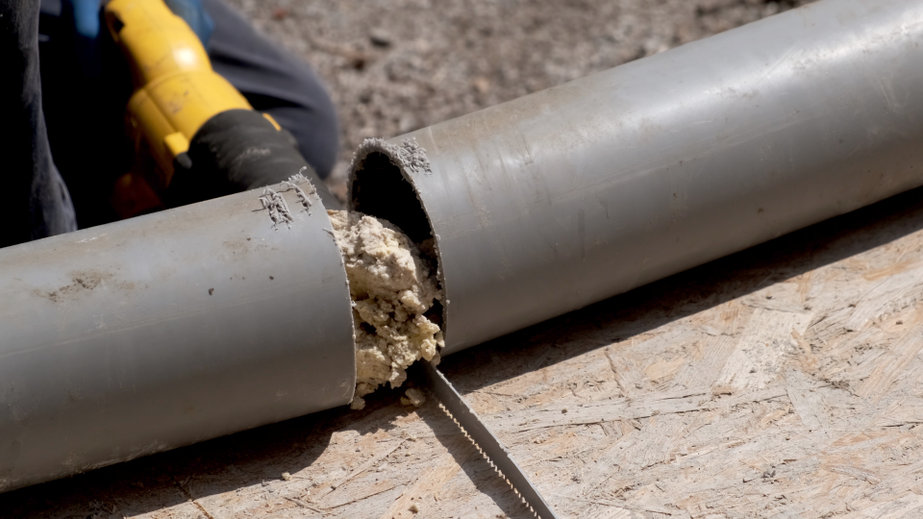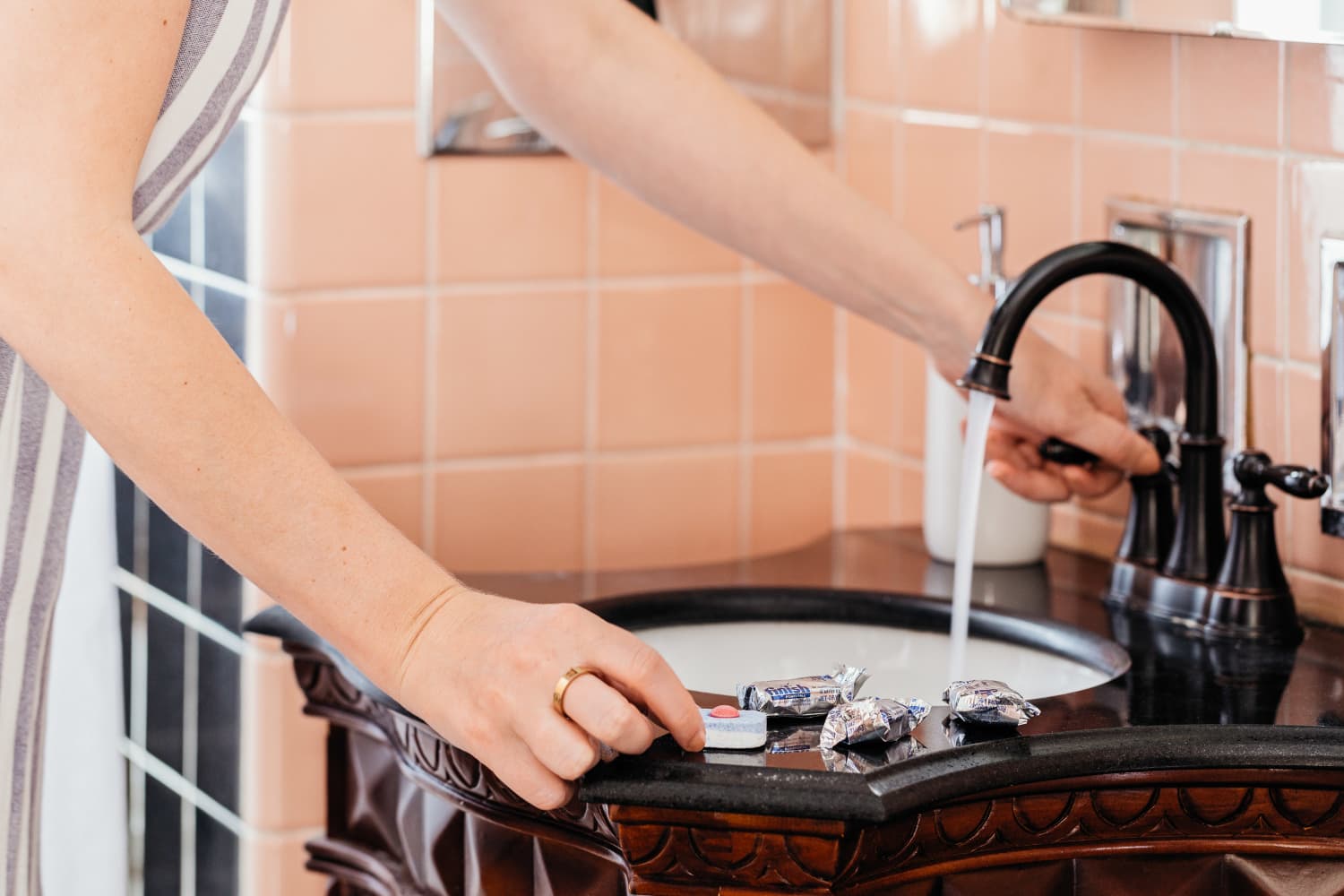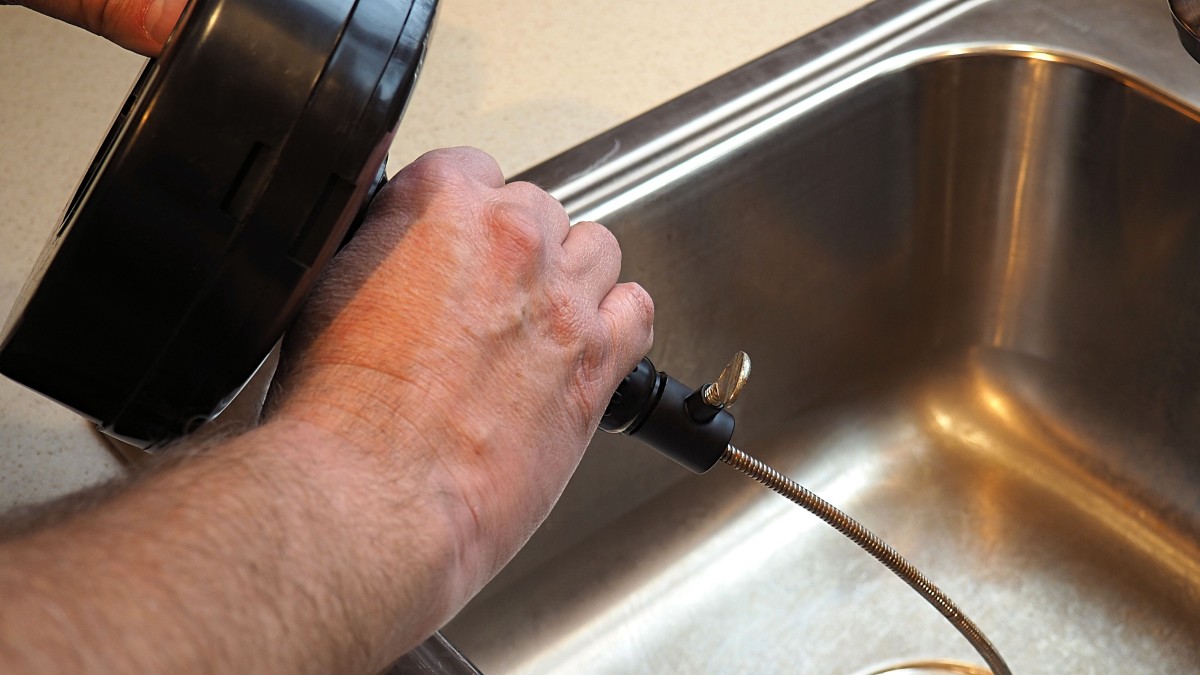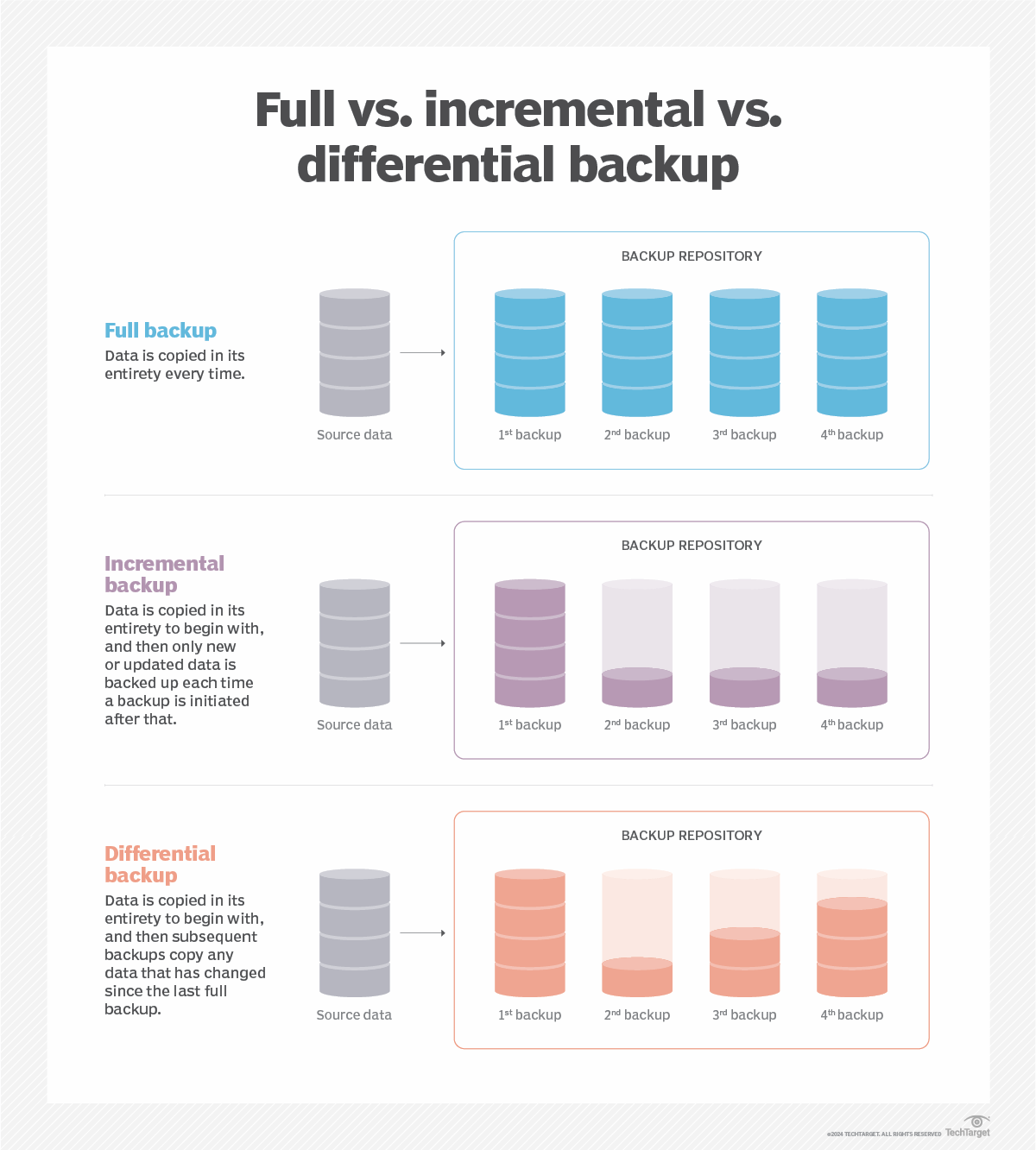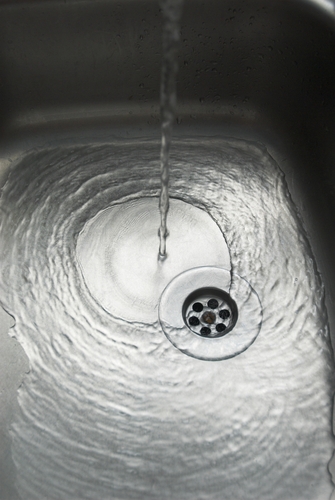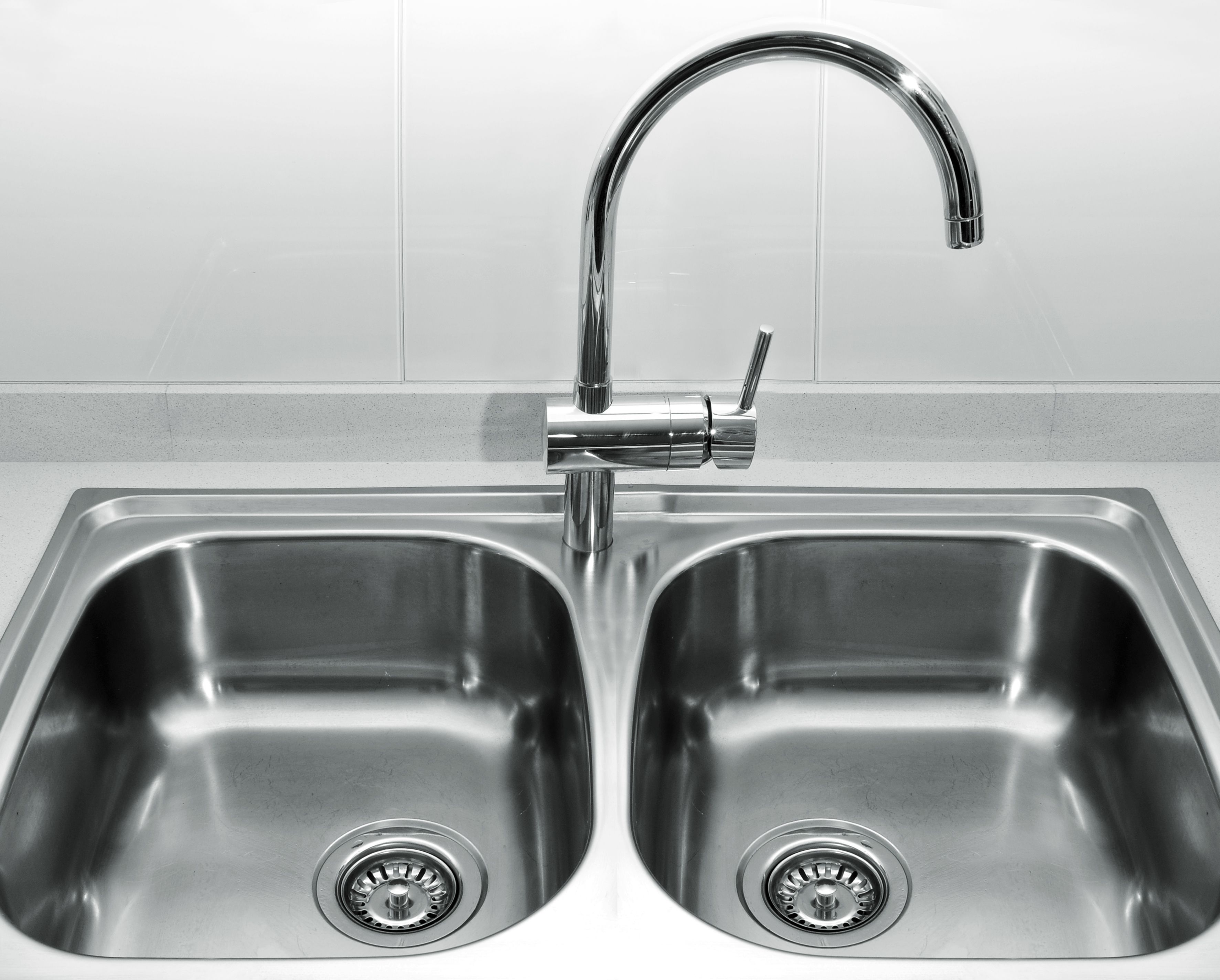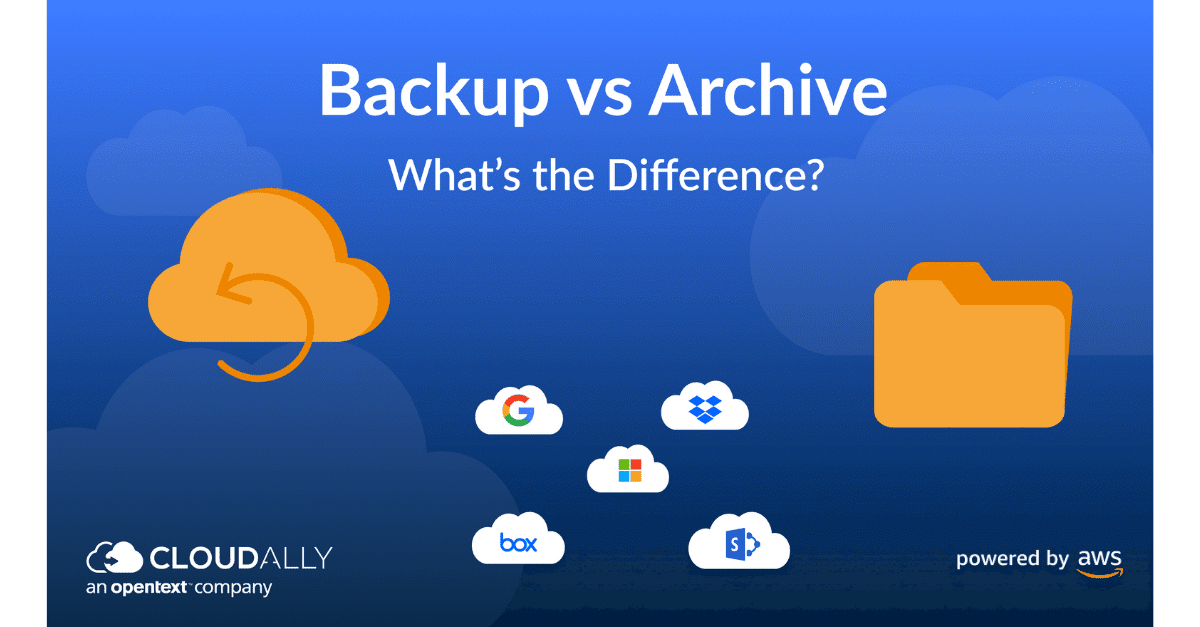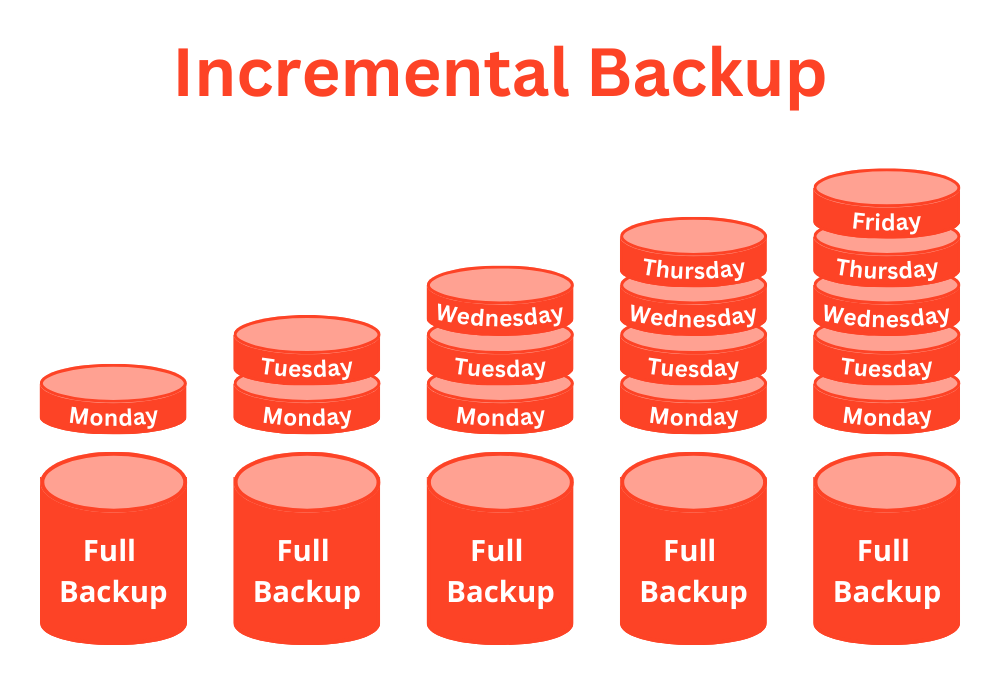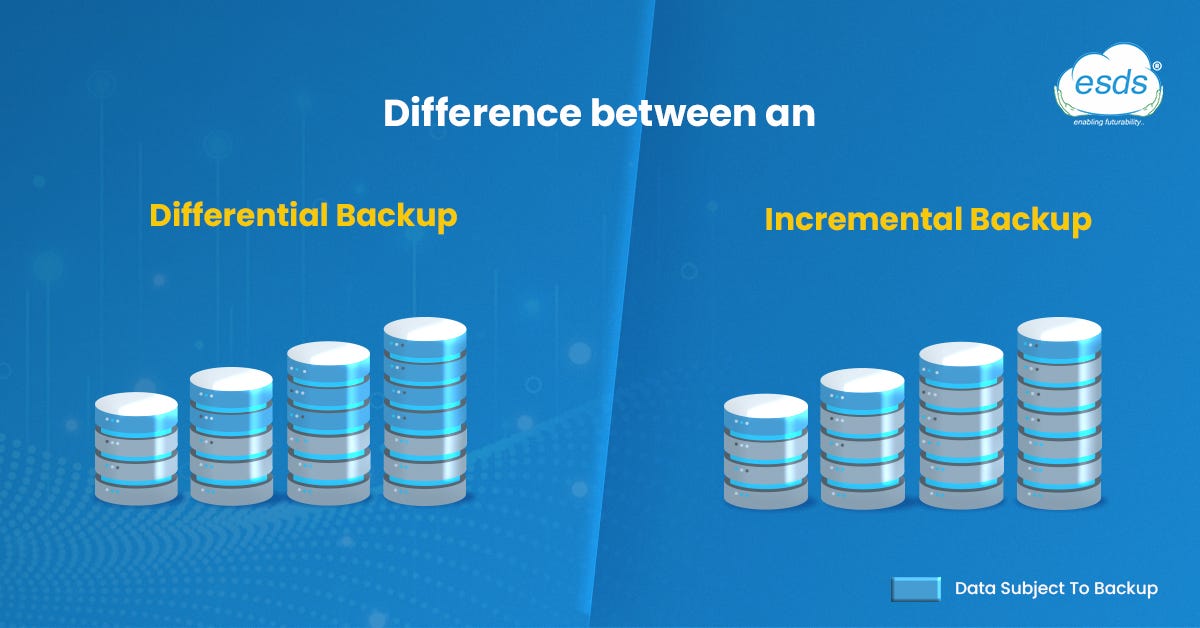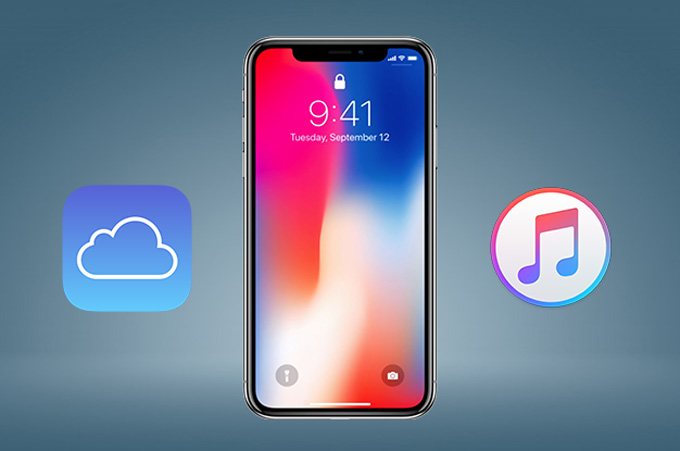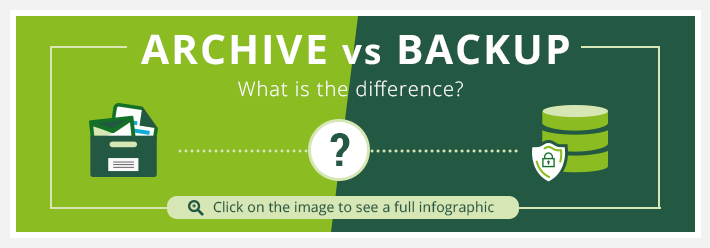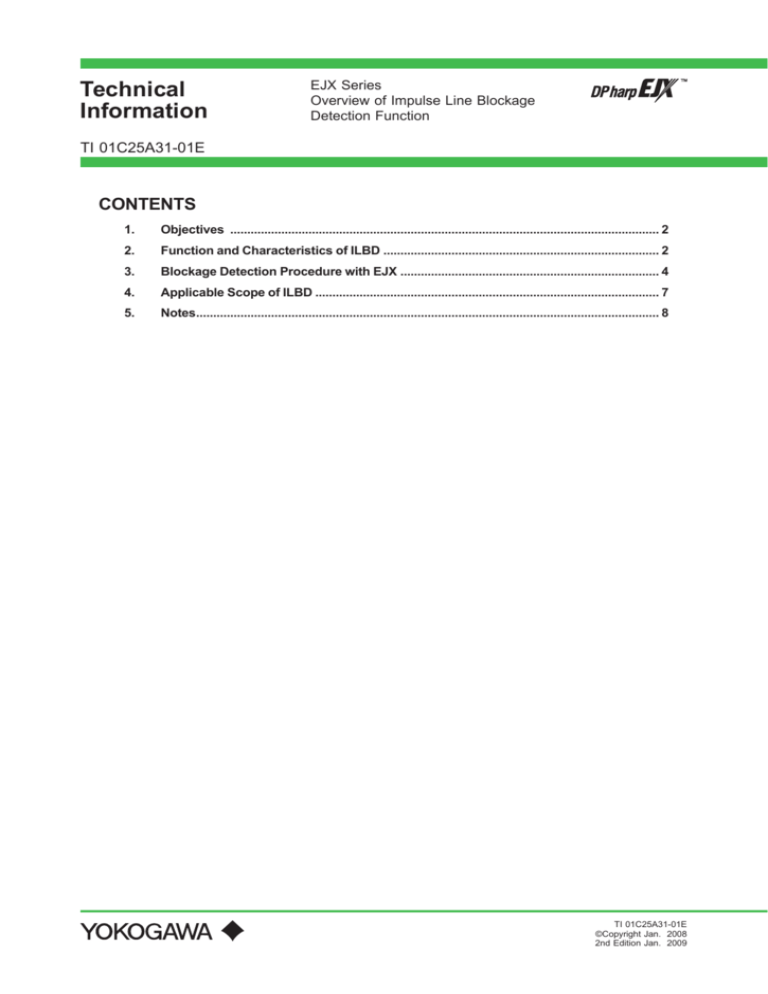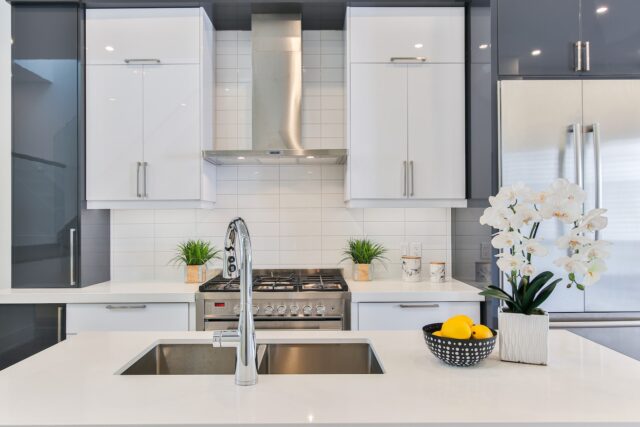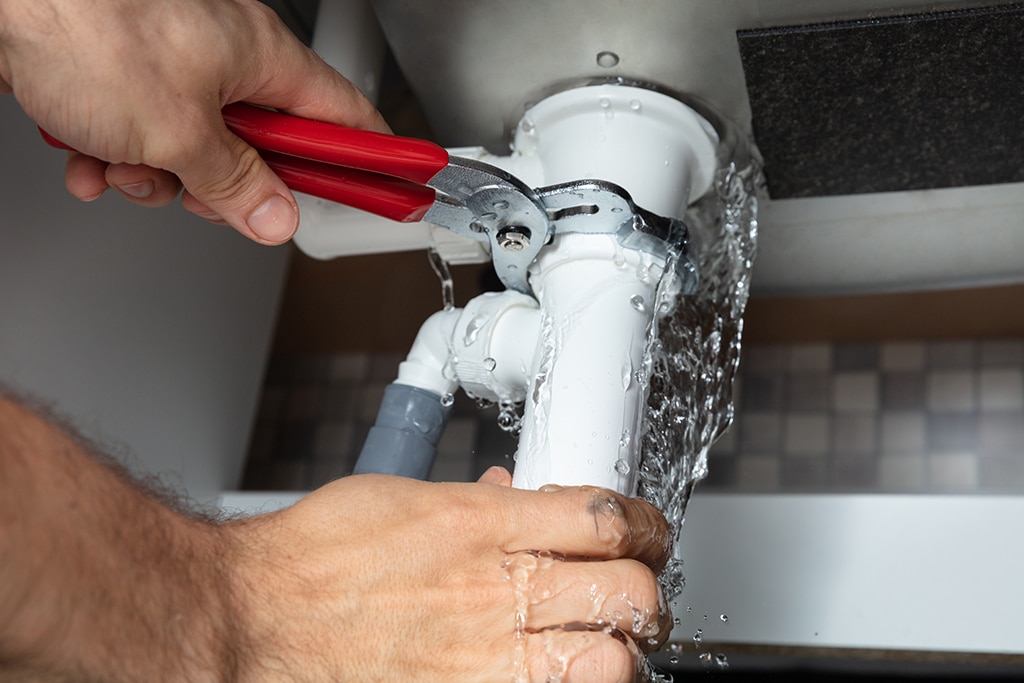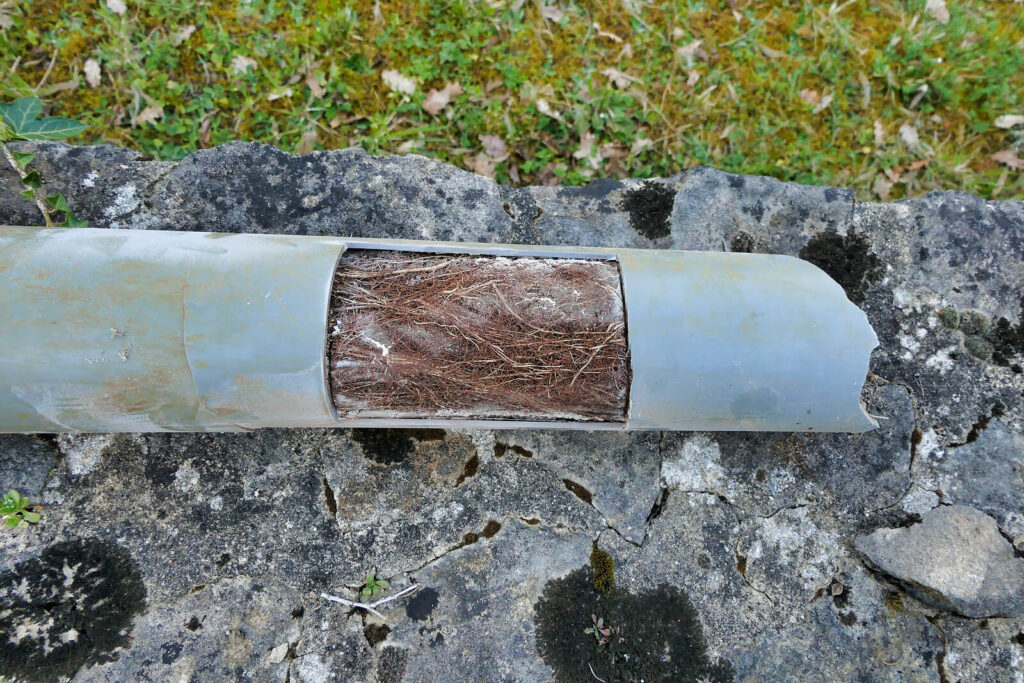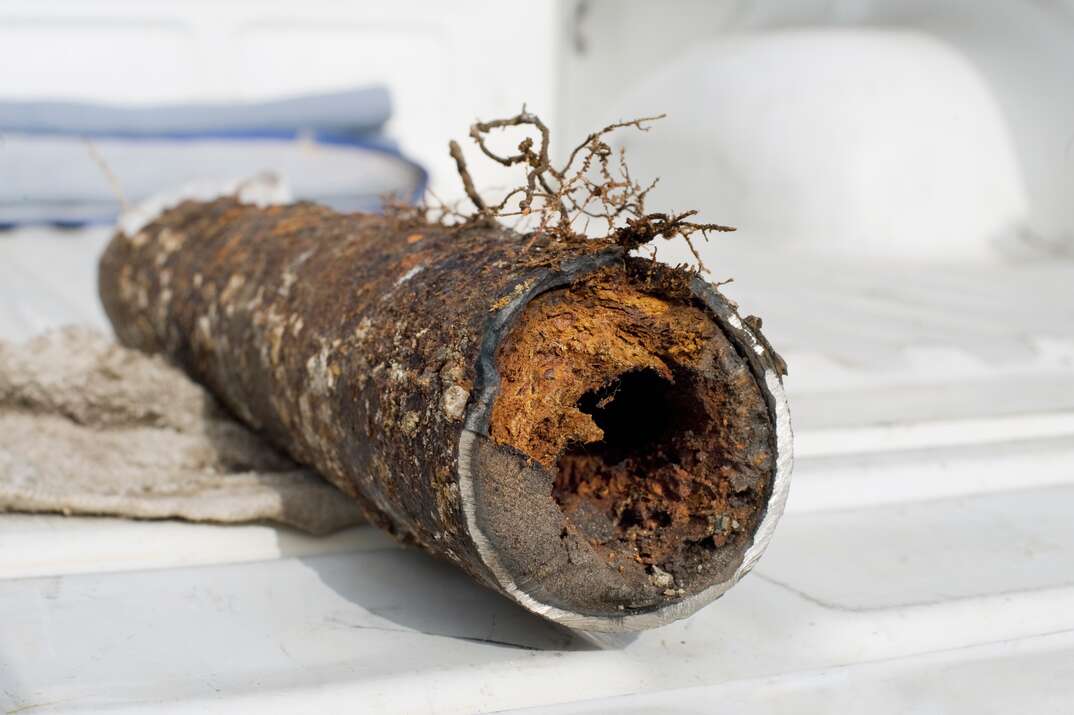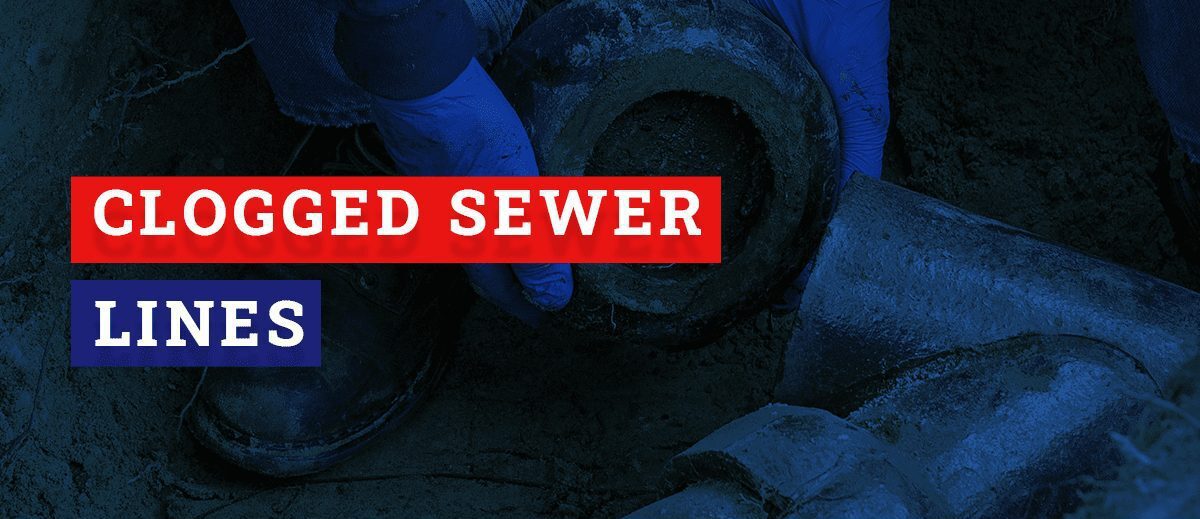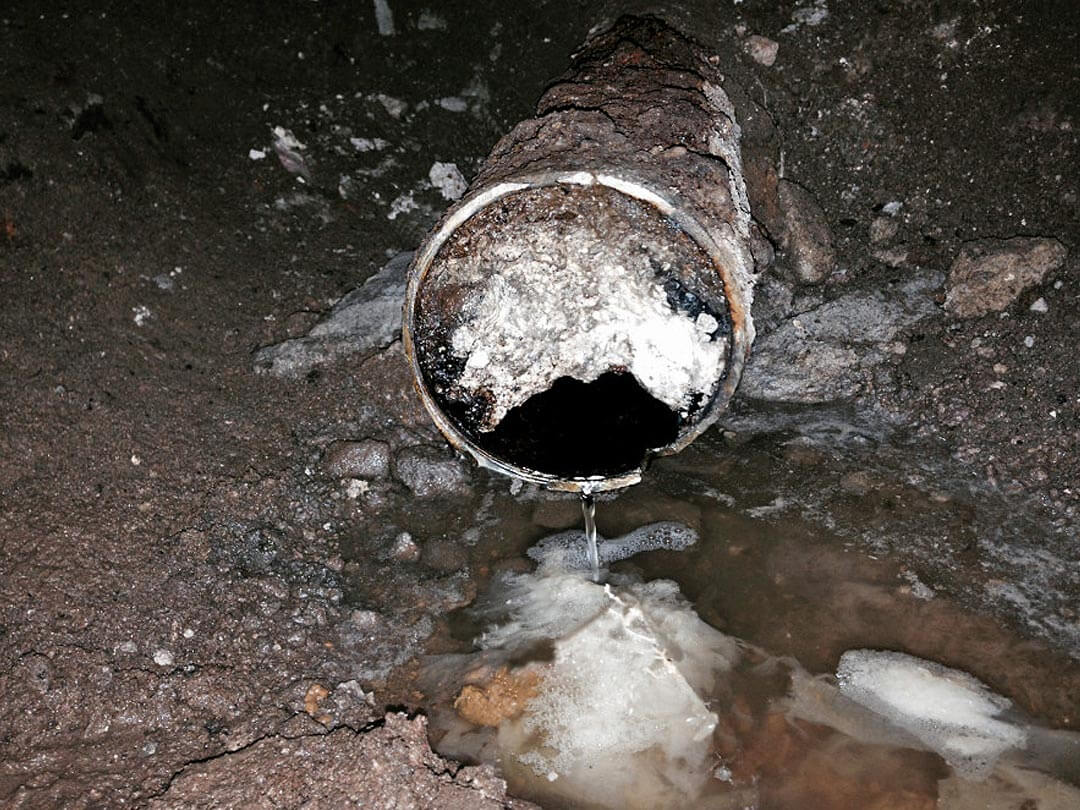One of the most common plumbing issues homeowners face is a clogged kitchen sink. This can be frustrating and disruptive to your daily routine, but it's important to understand the causes and solutions to this problem. Kitchen Sink Backup can be caused by a variety of factors, such as food scraps, grease buildup, or foreign objects. Over time, these materials can accumulate in your drain and create a blockage, preventing water from flowing freely. If you're experiencing a main line backup, it's likely caused by a clog in the main sewer line that connects all the drains in your house. This can be a more serious issue and requires immediate attention.1. Kitchen Sink Clog Causes and Solutions
If you suspect a main line blockage, the first step is to turn off the water supply to your house to prevent any further backups. Then, you can use a plumbing snake or hydro jet to clear the blockage. These tools are best handled by a professional plumber, as attempting to use them without proper knowledge and experience can cause further damage. It's important to address a main line backup as soon as possible, as it can lead to sewage backup in your home and potential health hazards. Regular maintenance and inspections can help prevent this issue from occurring.2. How to Clear a Main Line Blockage
Understanding the common causes of main line backups can help you take preventive measures to avoid them. Some of the most common causes include tree root intrusion, collapsed pipes, and buildup of debris, grease, or other materials in the main sewer line. Tree root intrusion is a common issue, as roots can grow into pipes in search of water and nutrients. This can cause blockages and even lead to pipe damage. Regular maintenance and inspections can help identify and address this issue before it becomes a major problem.3. Common Causes of Main Line Backups
Prevention is key when it comes to avoiding kitchen sink backups. One of the most important things you can do is to avoid putting food scraps, grease, and other materials down the drain. Instead, scrape excess food into the trash and dispose of grease in a separate container before throwing it away. You can also use a drain strainer to catch any small particles that may still make their way into the drain. Regularly cleaning your drains with a mixture of hot water, vinegar, and baking soda can also help prevent buildup and keep your drains clear.4. How to Prevent Kitchen Sink Backup
It's important to be aware of the signs of a main line backup so you can address the issue before it becomes a major problem. Some common signs include slow drainage in multiple fixtures, gurgling noises from drains, and foul odors coming from your pipes. If you notice any of these signs, it's important to address the issue right away to prevent further damage and potential health hazards. Contact a professional plumber to inspect and clear your main sewer line.5. Signs of a Main Line Backup
If you're experiencing a kitchen sink backup, there are some steps you can take to try and unclog the drain yourself. First, try using a plunger to create suction and dislodge the blockage. You can also try using a homemade drain cleaner made of hot water, vinegar, and baking soda. If these methods don't work, it's best to call a professional plumber. Attempting to use harsh chemicals or tools without proper knowledge can cause further damage to your pipes.6. How to Unclog a Kitchen Sink Drain
Although both main line backups and kitchen sink backups involve clogs in your plumbing system, they are caused by different factors and require different solutions. A main line backup affects all the drains in your house, while a kitchen sink backup is limited to the kitchen drain. Main line backups are usually caused by more serious issues and require professional assistance to address, while kitchen sink backups can sometimes be resolved with DIY methods. However, it's important to address both issues promptly to prevent further damage and inconvenience.7. Main Line Backup vs. Kitchen Sink Backup: What's the Difference?
If you suspect a main line blockage, you can try using a plunger to clear it before calling a professional plumber. First, make sure to turn off the water supply to your house. Then, use a plunger with a bell-shaped end to create suction and dislodge the blockage. If this method is not successful, it's best to call a plumber to avoid causing further damage to your pipes.8. How to Use a Plunger to Clear a Main Line Blockage
If you're experiencing a kitchen sink backup, it's important to understand the causes and find a solution to address the issue. Some common causes include food scraps, grease buildup, and foreign objects in the drain. To prevent kitchen sink backups, make sure to properly dispose of food scraps and avoid pouring grease down the drain. Regular maintenance and cleaning can also help prevent buildup in your pipes.9. Kitchen Sink Backup: Causes and Solutions
If you're unsure whether you're dealing with a main line backup or a kitchen sink backup, there are some ways to determine the source of the issue. If multiple drains in your house are affected, it's likely a main line blockage. You may also notice sewage backups in your home or foul odors coming from your pipes. If you suspect a main line blockage, it's best to call a professional plumber to address the issue and prevent any further damage to your plumbing system.10. How to Tell if Your Main Line is Clogged
Introduction
 When it comes to maintaining a well-functioning household, one of the most important things to keep in mind is the plumbing system. A clogged
kitchen sink
is a common household problem that can cause major inconveniences and even lead to costly repairs. One of the main causes of a kitchen sink backup is a clogged
main line
. In this article, we will discuss the importance of maintaining your main line and provide tips on how to prevent a kitchen sink backup.
When it comes to maintaining a well-functioning household, one of the most important things to keep in mind is the plumbing system. A clogged
kitchen sink
is a common household problem that can cause major inconveniences and even lead to costly repairs. One of the main causes of a kitchen sink backup is a clogged
main line
. In this article, we will discuss the importance of maintaining your main line and provide tips on how to prevent a kitchen sink backup.
The Role of the Main Line
 The main line is an essential component of your plumbing system. It is responsible for carrying all the wastewater from your household to the municipal sewer system. This includes water from your sinks, toilets, showers, and other drains. If the main line becomes clogged, it can cause backups in all of your drains, including the kitchen sink.
The main line is an essential component of your plumbing system. It is responsible for carrying all the wastewater from your household to the municipal sewer system. This includes water from your sinks, toilets, showers, and other drains. If the main line becomes clogged, it can cause backups in all of your drains, including the kitchen sink.
Causes of Main Line Clogs
 There are several factors that can lead to a clogged main line. One of the most common causes is the buildup of
grease
,
food particles
, and
soap scum
in the pipes. These substances can accumulate over time and cause a blockage in the main line. Another common cause is tree roots that grow into the pipes and cause obstructions.
There are several factors that can lead to a clogged main line. One of the most common causes is the buildup of
grease
,
food particles
, and
soap scum
in the pipes. These substances can accumulate over time and cause a blockage in the main line. Another common cause is tree roots that grow into the pipes and cause obstructions.
Preventing Kitchen Sink Backup

Proper Disposal of Waste
 One of the best ways to prevent a clogged main line and kitchen sink backup is to be mindful of what you put down your drains. Avoid pouring grease, oil, and fat down the kitchen sink as they can solidify and clog the pipes. Also, make sure to use a sink strainer to catch food particles and dispose of them in the trash.
One of the best ways to prevent a clogged main line and kitchen sink backup is to be mindful of what you put down your drains. Avoid pouring grease, oil, and fat down the kitchen sink as they can solidify and clog the pipes. Also, make sure to use a sink strainer to catch food particles and dispose of them in the trash.
Regular Maintenance
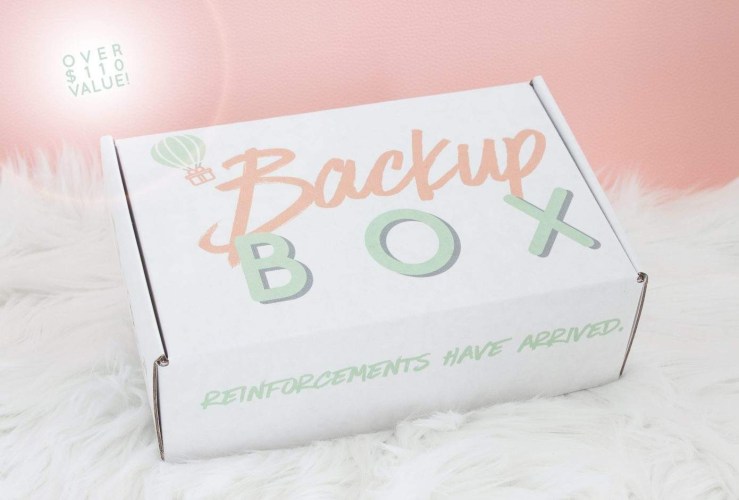 Regular maintenance of your main line can help prevent clogs and backups. Consider hiring a professional plumber to perform
hydro jetting
on your main line. This involves using high-pressure water to clear out any buildup and debris in the pipes. It is recommended to have this done every 1-2 years to keep your main line in good condition.
Regular maintenance of your main line can help prevent clogs and backups. Consider hiring a professional plumber to perform
hydro jetting
on your main line. This involves using high-pressure water to clear out any buildup and debris in the pipes. It is recommended to have this done every 1-2 years to keep your main line in good condition.
Be Mindful of Trees
 If you have trees in your yard, it is important to keep an eye on their roots. Tree roots can grow into the pipes and cause obstructions, leading to a clogged main line. If you notice any trees or shrubs near your main line, it is best to have them removed or relocated to prevent any potential issues.
If you have trees in your yard, it is important to keep an eye on their roots. Tree roots can grow into the pipes and cause obstructions, leading to a clogged main line. If you notice any trees or shrubs near your main line, it is best to have them removed or relocated to prevent any potential issues.
In Conclusion
 A
kitchen sink backup
caused by a clogged main line can be a major headache for homeowners. However, by following these preventive measures and being mindful of what you put down your drains, you can avoid this issue and maintain a well-functioning plumbing system in your home. Remember to also schedule regular maintenance and address any issues with your main line promptly to avoid costly repairs in the future.
A
kitchen sink backup
caused by a clogged main line can be a major headache for homeowners. However, by following these preventive measures and being mindful of what you put down your drains, you can avoid this issue and maintain a well-functioning plumbing system in your home. Remember to also schedule regular maintenance and address any issues with your main line promptly to avoid costly repairs in the future.




